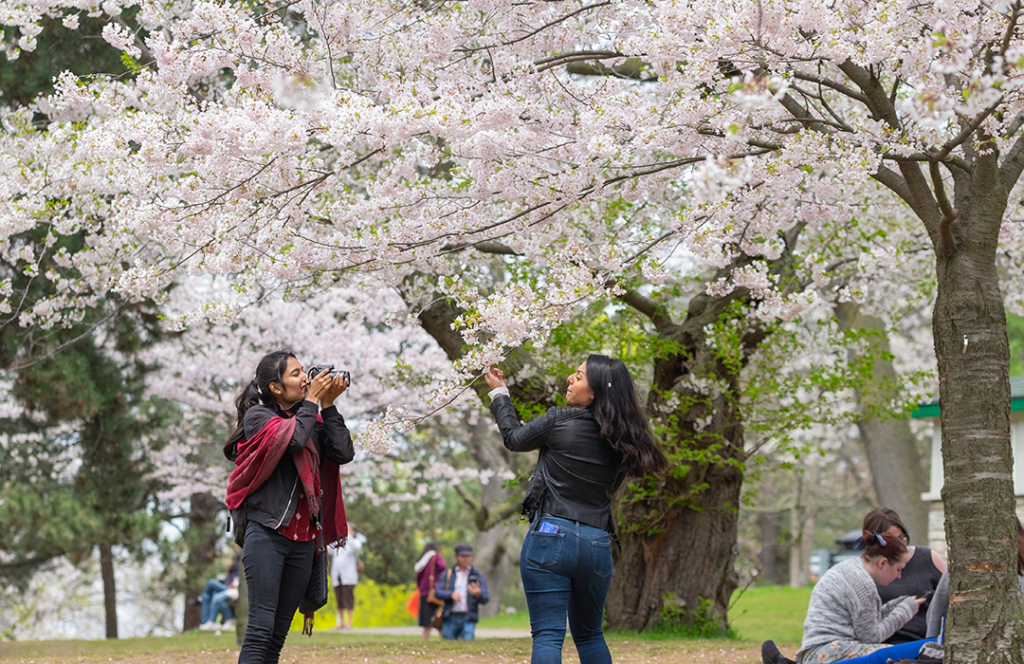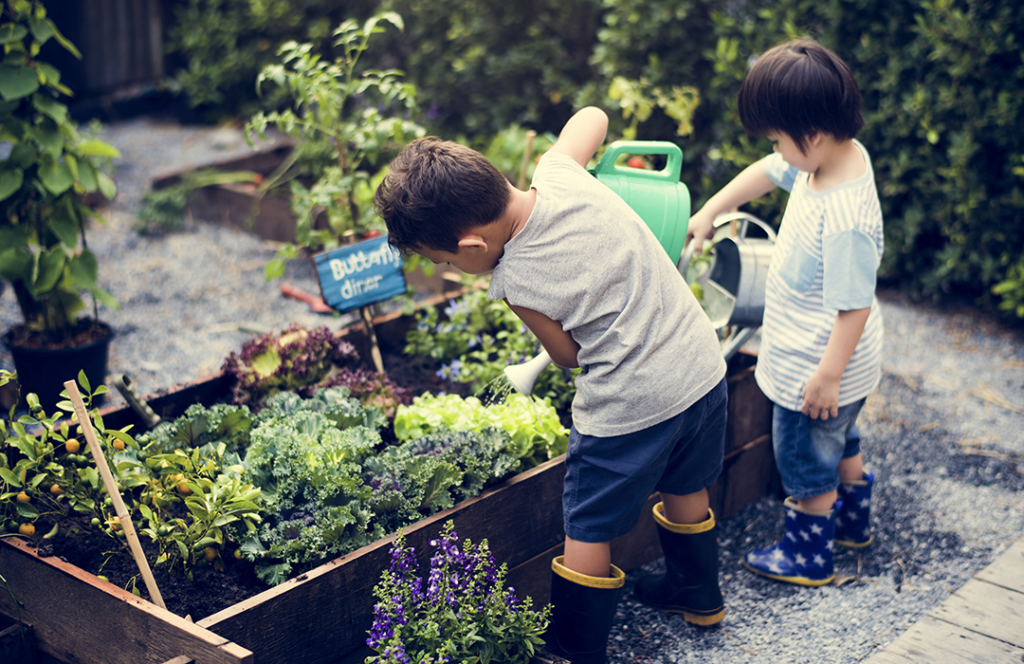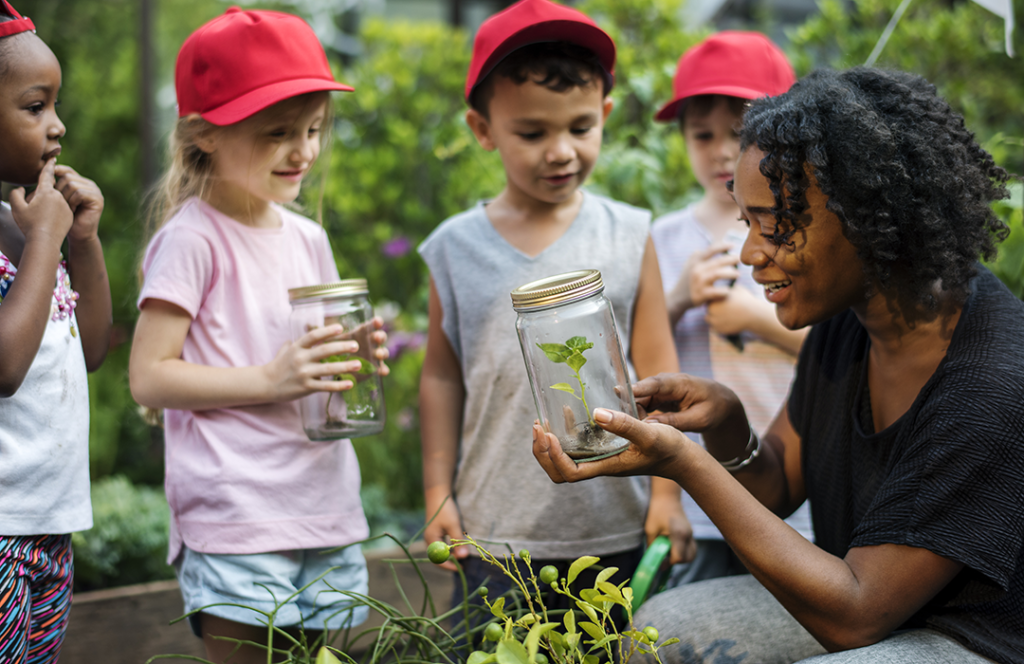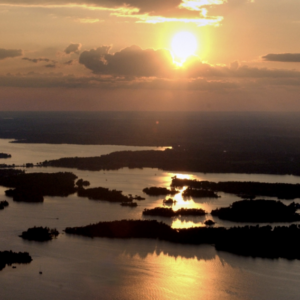How to Connect with Nature as a New Immigrant
Why connect with Nature?
Canada’s nature, much like its human population, is diverse and incredible. As home to 20% of the world’s freshwater, 25% of wetlands and temperate rainforests and 33% of Boreal forest, nature is the king here. The stakes are high if Canada’s nature is taken for granted.
If there is one thing that Canada can boast apart from its glorious nature, it’s their welcoming of immigrants. In 2021 alone, over 400,000 permanent residents happily called Canada their new home. With so many new immigrants settling in, the key to protecting nature is getting them involved.
So, connecting with nature and caring for your new land should be one of the top priorities for you as a new immigrant in Canada.
Here are six ways you can connect with nature as a Canadian immigrant:

1. Take a walk
It is as simple as this. Just put on your sneakers or boots and head outside. Whether you’re walking in the neighbourhood, lounging in the park or hiking a trail, anything goes. When you’re out in nature, try to observe the sights and sounds around you. If you’re short on time, include an extra ten minutes into your commute to pause and enjoy the scenery around you. Make a mental note of the things you often see or hear, such as a particular type of tree or a bird call. Once you’re back home, you can do research to learn more about it. If you visit the same place during different seasons, you will gain a new perspective and wonder at nature’s innate wisdom and ingenuity.

2. Start a new ‘nature’ hobby
Any hobby is good for your mental health, but if it gets you out into nature, it’s even better for you and the environment. You can go birdwatching, start a nature journal, do nature crafts with your kids, enjoy photo walks or indulge in en plein air (aka outdoor painting)! Your local parks, libraries, and community centres may also offer workshops or courses about local flora and fauna.

3. Join a community garden
There is nothing like getting your hands dirty and connecting with the living Earth for your mind and soul. If you lose yourself in gardening, you can learn so much about the plants, birds, bugs and animals around you. Sure, you can start a garden right in your yard or balcony, but with other people to help you in a community garden, your learning will be on the fast track—not to mention the perk of meeting like-minded people and making friends. You can bring home what you are learning and adapt your own surroundings to include native plants and make them more bird and bee-friendly.

4. Volunteer at your child’s school
Schools are always abuzz with activities like science fairs and field trips. Why not use that opportunity to volunteer and learn more about your new country? Offer to help your child’s teacher during outings to parks, zoos, museums and art centres. Being with children is not only fun but also enlightening. Their curiosity is contagious and you’re sure to learn more than your fair share from them. Plus, school children get access to special programs, so you might get to meet experts and expand your nature repertoire.

5. Find a Community Science project
Do you feel that you can’t make any difference to nature as a newcomer? Stop and think again. By doing simple things like counting your backyard birds or using an app to tag the plants and animals near you, you can contribute to scientific research. You can go to Canada’s Citizen Science Portal and find a project near you. You can also download apps like iNaturalist or Audubon to note your plants and wildlife sightings. Involve your whole family, and your weekends will become much more fun and educational.

6. Share your wisdom
Once you’ve gotten the hang of enjoying and taking care of nature, make sure to share it with others and inspire them. Meet people in your community or use social media to reach as many people as possible. Remember, taking care of nature also includes tackling other environmental issues like food wastage, plastic pollution, and so on. Are you a recycling ninja, or do you use all parts of vegetables without wasting even the last bit? Feel free to share your eco-hacks with others too. You never know who will benefit from such a small tip. And, don’t forget to instil a love for nature in your little ones at home. Let them run wild outdoors, play with bugs, climb trees and observe wildlife. If you have an older child, you can encourage them to check out Nature Canada’s Work to Grow program that connects racialized youth to jobs that promote and protect nature.
Conclusion
As you can see, spending time in nature is easy and doable. In addition to providing you with a generous dose of vitamin D, it has a host of other benefits too. Learning more about your new land can ease your homesickness by giving you a sense of belonging. Enjoying the great outdoors also helps you appreciate your new home more and make you happier in the long run. So, what are you waiting for?



